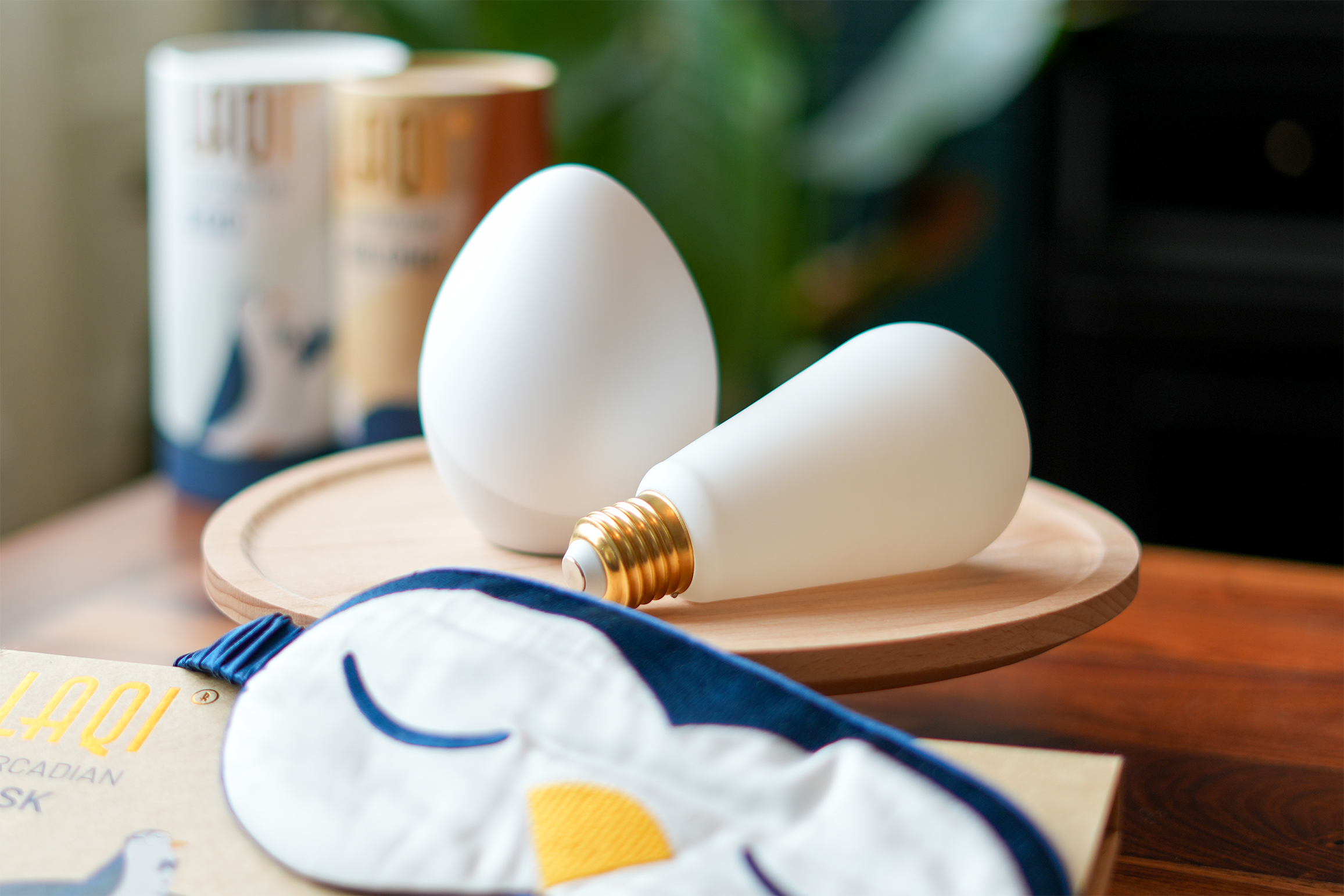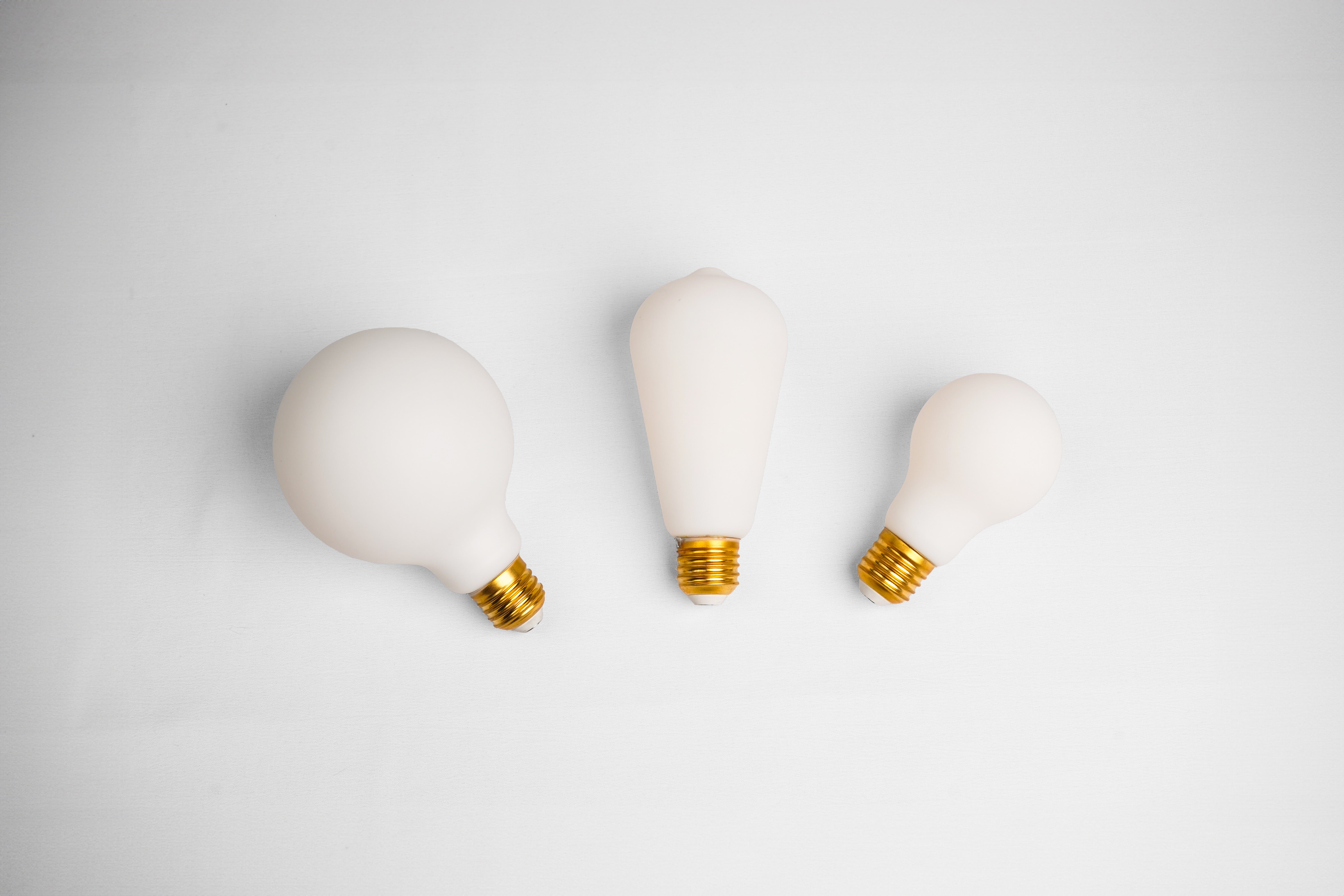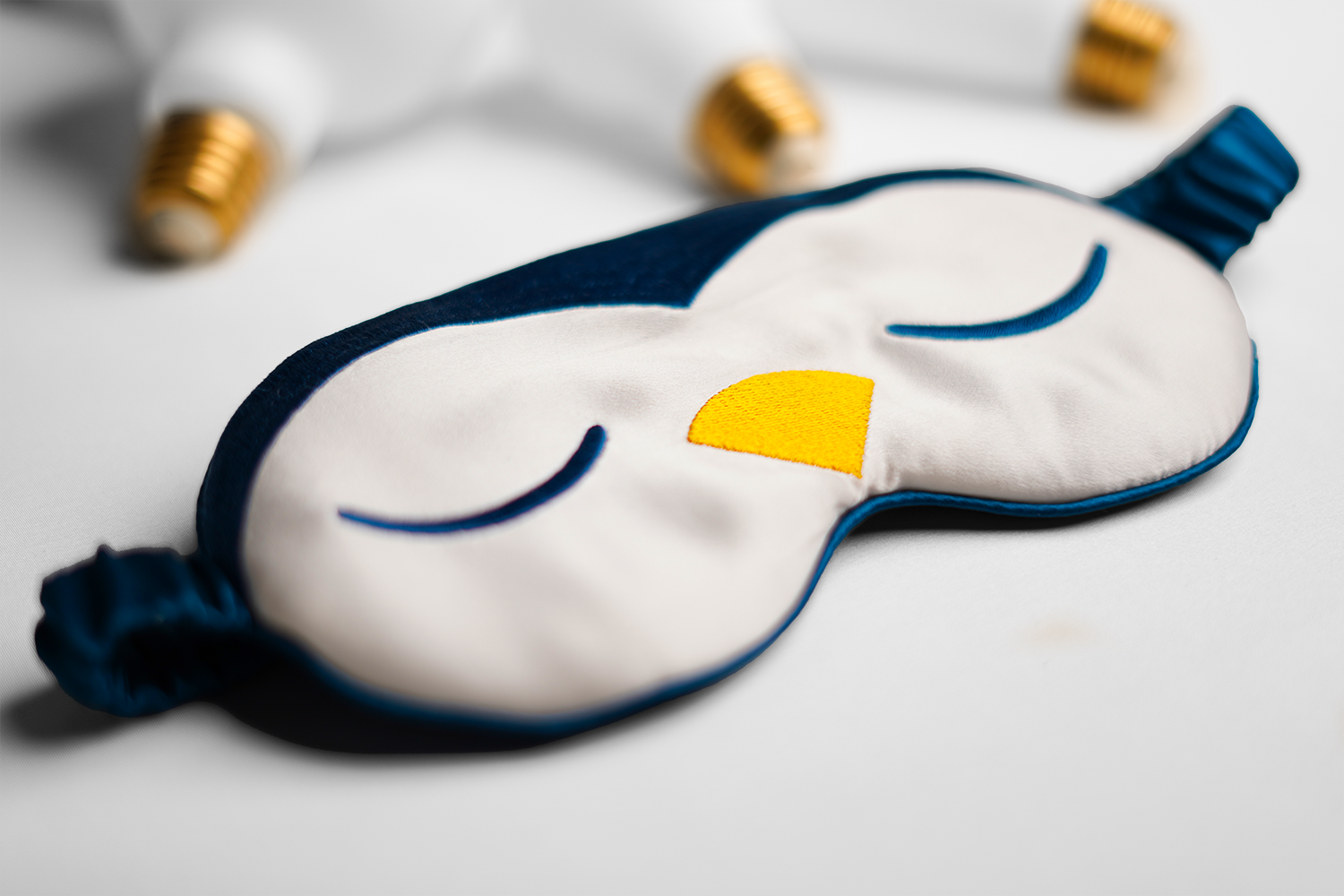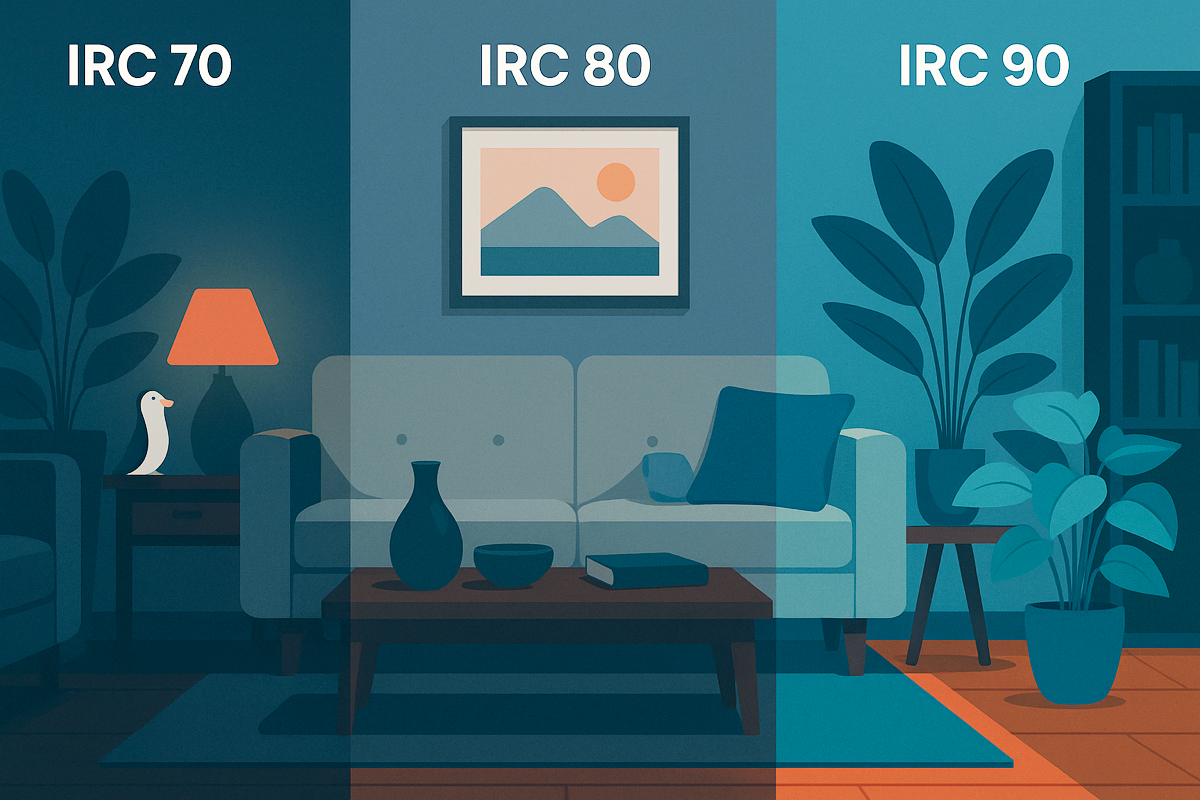Reading time: 6 min
In short:
We often talk about bedtime, but rarely about posture. Yet, your sleeping position influences your digestion, breathing, circulation... and your recovery. Lying down, reclining, elevated: we'll guide you.
📌 Summary
1. Postures: left, right, back…
Your sleeping position influences your physiology more than you might think. Sleeping on your back allows for proper weight distribution and a neutral position for the spine. But it also promotes snoring and sleep apnea in susceptible individuals. Sleeping on your stomach, on the other hand, can cause neck tension, poor breathing, and lower back pain. That leaves the lateral position: sleeping on your side. It's often the most recommended. But not just any side.
Sleeping on your left side improves digestion, promotes blood circulation, and reduces gastroesophageal reflux. This position also provides relief for pregnant women by clearing the vena cava. Conversely, sleeping on your right side can aggravate reflux and put pressure on the liver. It's not a serious problem, but if you suffer from digestive issues or restless sleep, simply switching sides can have an immediate impact. Use a pillow between your legs to maintain pelvic-spine alignment, especially when sleeping on your side.
Finally, some people sleep… sitting up. This isn't abnormal if it's a choice. In cases of respiratory problems, chronic pain, or severe reflux, sleeping in a semi-reclined position can be a valid alternative. But it's never an ideal starting point. The human body is designed to stretch out, not curl up.
2. Elevation: not just comfort
Slightly raising your head or upper body can transform the quality of your sleep. It may seem trivial, but a gentle tilt of the trunk (around 10 to 30°) has several beneficial effects. It reduces gastric reflux, improves breathing by clearing the airways, and can alleviate snoring. This is particularly useful for people suffering from mild apnea, nasal congestion, or slow digestion. An ergonomic pillow or an inclined surface under the mattress can be enough to make a difference.
Be careful, however, not to create a cervical fracture. Raising your head too high with several stacked pillows puts strain on the vertebrae and can cause pain upon waking. Ideally, you should tilt your entire torso or use a memory foam pillow, which molds to the neck without hollowing the cervical vertebrae. Posture should remain fluid, aligned, and continuous. By combining this elevation with a left lateral position, you maximize respiratory and digestive benefits, as well as comfort.
This configuration is also recommended in certain care units or post-operative suites. It is therefore not an ergonomic whim, but a validated approach. Even among high-level athletes, elevating the torso is sometimes used to improve respiratory recovery.
3. Light, posture and night awakenings
Your posture is just one factor. The lighting environment also plays a major role in the quality of your sleep... and when you wake up. Poorly managed light can pull you out of a deep cycle without you understanding why. Even when lying down ideally, if your brain perceives blue light or variations in intensity during the night, it remains on alert. The result: micro-awakenings, fatigue upon waking, and the impression of "light sleep." Good posture then no longer has any beneficial effect.
This is where circadian light and Laqi tools come in. Smart bulbs adapt to your rhythm: warm light in the evening to promote melatonin secretion, cool light in the morning to stimulate wakefulness. This helps respect your internal clock even when the position is optimal. By adding a sleep mask, you strengthen the barrier against stray light stimuli. Your brain can finally completely disconnect.
🎥 Watch the video: Origin of blisters and impact on sleep
💡 Discover the Laqi Kits
How to optimize your sleep?
Good posture is good. But good posture + good lighting + complete darkness = restful sleep. Here's our winning duo:
- An ultra-soft silk mask for absolute darkness
- Circadian bulbs to guide your natural rhythm
Postural comfort without a coherent environment is like a mattress in a nightclub. Laqi works on both fronts.
💬 FAQ
Is sleeping on your left side really better?
Yes, for digestion, circulation, and reflux. It's the most physiological position.
Does elevation help with sleep apnea?
Yes, especially if it's gentle. It reduces airway collapse without disturbing the neck.
Do you need special light to sleep better?
Not a “miracle light”, but a circadian light, which respects your natural biological cycles.
It's not just how you sleep. It's what light you sleep in.
Lying on your left side, slightly elevated, in perfect darkness... You have just created the ideal conditions for a truly restful night's sleep.














